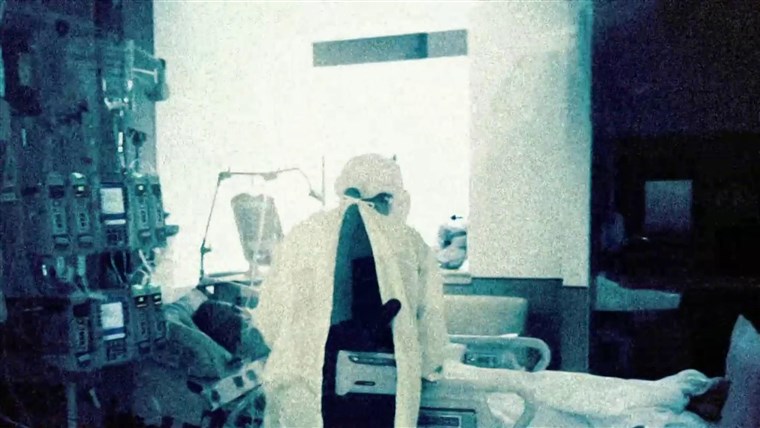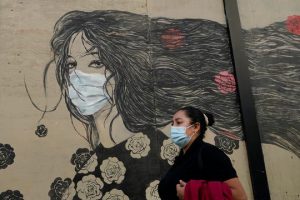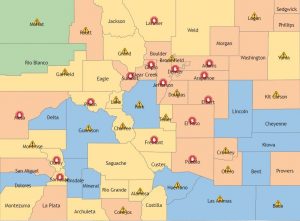Ivy League schools have called off their winter sports seasons as the country deals with a record-breaking surge in Covid-19 case.
The decision by the Ivy League Council of Presidents was unanimous, the Ivy League said in a statement Thursday. Spring sports will also be postponed through at least the end of February 2021. Fall sports were previously suspended in a decision announced in July.
“Student-athletes, their families and coaches are again being asked to make enormous sacrifices for the good of public health — and we do not make this decision lightly,” the Ivy League Council of Presidents said in the statement.
“While these decisions come with great disappointment and frustration, our commitment to the safety and lasting health of our student-athletes and wider communities must remain our highest priority,” the council said.
Nov. 12, 202001:52
The league includes Princeton, Harvard, Yale, Columbia, Brown, Dartmouth, Cornell and the University of Pennsylvania.
The league’s said that its council will monitor the situation and could consider changes depending on the state of the epidemic, which it said includes the possibility of spring intercollegiate athletics.
The decision comes amid warnings of increased cases of Covid-19 as the weather turns cooler and forces more people across the country indoors.
Also looming are holidays like Thanksgiving in which people typically gather, prompting warnings from health officials and governors and increased restrictions imposed in some places.
On Wednesday, a record 148,302 cases were reported in the U.S., according to an NBC News count, and that broke a daily record set only earlier in the week.
More than 10.5 million cases have been confirmed in the U.S., and more than 243,000 people have died, according to NBC News’ count.
On Thursday, California became the second state to have recorded more than 1 million Covid-19 cases, NBC News confirmed. Texas reached that milestone Nov. 7.
Drug company Pfizer on Monday announced early promising results from its Covid-19 vaccine trial, but it’s not clear when it or any other candidate may be generally available.
Dr. Anthony Fauci, director of the National Institute of Allergy and Infectious Diseases, said this week that it’s possible that in December doses could be available for those judged to be at the highest priority.
Secretary of Health and Human Services Alex Azar recently said the administration is anticipating that there could be enough to have general vaccination programs by the end of March to early April.
Experts have warned that even if a vaccine is available in April, that will not help with a surge in cases in the winter. And a rollout could also be delayed by challenges with storing and shipping vaccines.




















